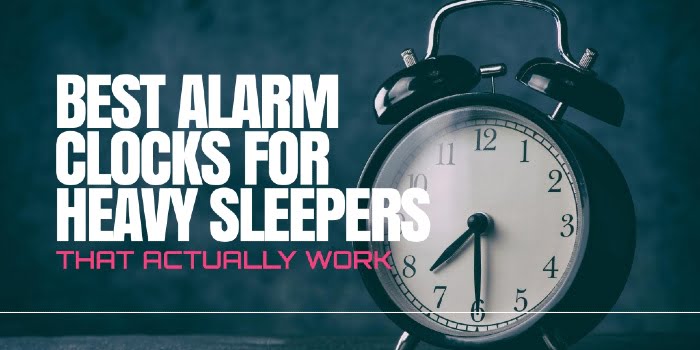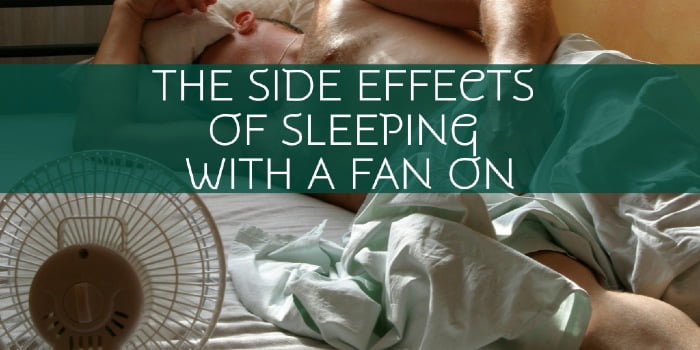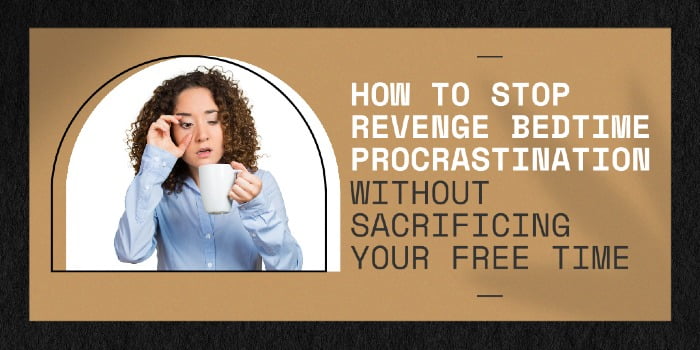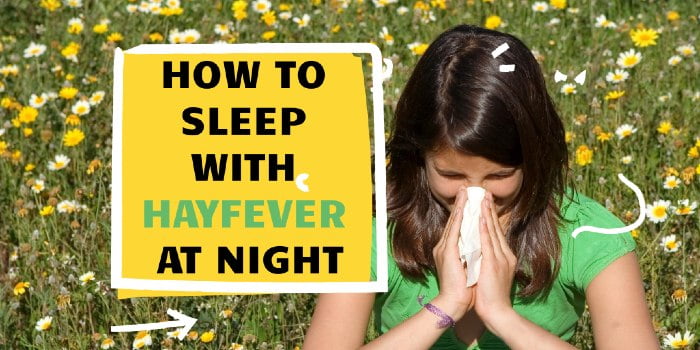You know the feeling. It gets to the afternoon, your morning tea and enthusiasm is gone, lunch has already been eaten and your eyes are closing.
Overwhelmed by tiredness, you think about going for a nap. And you wouldn’t be alone in this thought, as over 51% of people in the world currently enjoy a daytime snooze. This rate is even higher in countries like Spain, Greece, Brazil and Mexico, who have long celebrated a midday siesta. During this quiet time, up to 72% of people from these countries will nap as often as 4 times a week.
But before you can tick yourself in for a quick catch up, you remember being told that adults shouldn’t nap. And now, you’re stuck, not sure if a quick nap will make you feel better, or if napping will just make you more tired in the long run.
To shed some light on the napping conundrum, we’ll answer the question are naps good for you, and how to make the most of a quick 40 winks to feel more alert, refreshed and ready for action.
Are naps good for you?
So, are naps good for you? The very short answer here is, yes, naps can be good for you. But only in certain circumstances.
Short daytime naps can unlock a lot of benefits, including:
1. Making us feel more alert and awake
The longer you’re awake, the stronger your sleep drive gets and the more tired you feel. Having a well-timed nap will reset your sleep drive, leaving you feeling awake, refreshed and ready to take on the rest of the day.
The easiest way to explain this is to think of your sleep drive like being hungry. If you go without food, you’ll get even hungrier. But if you have a well-timed snack, you’ll feel better and be able to make it to a well-deserved dinner later on.
In fact, napping can make you feel more alert than reaching for that dependant cup of caffeine. This is because napping actually refreshes you, while caffeine just blocks a chemical called adenosine, tricking you into feeling more awake than you actually are.
As well as feeling more refreshed, napping will also offer better memory and more function than caffeine as well.
2. Napping improves our performance

As well as making us feel more awake, napping has also been proven to have a positive impact on our cognitive functioning. This means that napping:
- Improves your reaction times, which is essential if you’re working in a job that requires you to be on high alert, such as driving or operating machinery.
- Improves your short-term memory, making it a great tool for students or those that have to memorise and process a lot of information, such as lawyers.
- Improves motor learning, making it easier for those that take regular naps to learn a new skill after taking an afternoon nap, compared with those that don’t nap.
If you’ve got a busy day or need to learn something new, you might want to schedule an afternoon nap.
3. Napping makes us feel better
You know how a parent will send a cranky toddler to bed for a nap, and they’ll wake up like a whole new person? Napping can have the same effect on adults too.
Napping can make you feel more relaxed and happy, improving your mood for the rest of the day. So if you find yourself grumpy and tired, you might want to apply the toddler principle here and get yourself off to bed for a mood reboot.
4. Napping eases stress
As well as improving your mood, napping can also help reduce stress.
What’s more, there is also evidence that having a nap can decrease blood pressure in some individuals.
However, if you’re struggling with a lot of stress and can’t sleep at night, napping might not be the best call for you. Instead, you might want to check out our proven tips to improve sleep to try and get your needed 8 hours of sleep a night.
5. Napping can make us more creative
Feel like you’ve run out of good ideas? Facing a problem and can’t seem to see a solution?
Napping is a great way to restore your creative energy and spark some new ideas. If you’re really stuck, try combining this with a long shower. There’s nothing better than those two activities to really get the creative fires going.
How much sleep do you need a day?
If you’re not getting enough sleep at night, napping can be a way to catch up on your needed sleep and keep yourself in the best health.
Based on your age, this is how much sleep that you will need in a night.
| Age group | Recommended hours of sleep |
| Newborns | 17-17 hours a day |
| 12 months | 14 hours a day. This is usually split into 10 hours at night, and 4 hours worth of naps in the daytime. |
| 2 years | 12-14 hours a day. This is usually split into 11-12 hours during the night and a single 1-2 hour nap in the day. |
| 3-5 years | 10-13 hours a day |
| 6-13 years | 9-11 hours a day |
| 14-17 years | 7-9 hours a day |
| Young adults ages 18-25 | 7-9 hours a day |
| Adults aged 26-64 | 7-9 hours a day |
| Older adults, aged 65+ years old. | 7-8 hours a day |
The hours on this list vary slightly depending on the individual, but also on how long it takes for you to complete a full sleep cycle. On average, it takes up to 90 minutes to complete a cycle but can vary between 60-120 minutes.
Per night, the average adult will need to complete 5-6 sleep cycles.
Without enough sleep, you could be at risk of infections, disease, type 2 diabetes, poor heart health, cancer and more. Discover more about the risk of not enough sleep in this guide to why sleep is so important.
What are the different types of naps?
Not all naps are equal. There are different reasons that we might nap, so it’s important that we classify and differentiate between the different types of midday sleep you could be having.
Each type of nap will have its own benefits and effects on your body.
Recovery Nap
This is a one-off nap that’s used to, as the name suggests, recover from lost sleep. For example, if you have a late-night that’s out of the ordinary, or if you’re woken up because an alarm started blasting across the sleep. This type of nap helps you compensate for the loss of your normal sleep.
Prophylactic Nap
This is like a recovery nap, but for when you pre-empt a lack of sleep. For example, if you’re about to start working nights or are planning to stay up until 2 am for a special film release, you might want to take a daytime nap before the night to help you stay awake.
Appetitive Nap
This is the most fun of the naps. It’s a nap, that’s taken for the enjoyment of napping. It’s not there to catch up on lost sleep, but just to help you feel more relaxed, happy and alert.
Fulfilment Nap
This type of nap is common in infants and toddlers, who can’t get their daily amount of sleep in the night alone. This type of nap is built into their daily pattern to boost their number of hours and help with development.
Essential Nap
There are times in your life when naps aren’t for enjoyment or catching up, but a necessity. For example, if you’re sick, your body is going to need a greater amount of sleep to help fight off the infection and keep your immune system strong. That means plenty of naps for you.
On an average day, your nap is most likely going to be a recovery nap to help get your sleep hours up, or an appetitive nap to help you feel better.
What are the downsides to napping in the day?
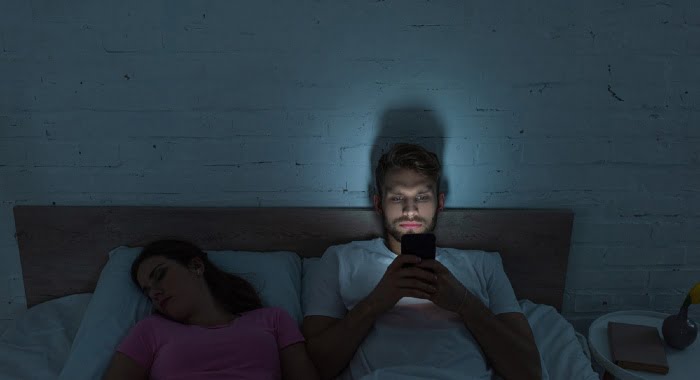
Okay, you’ve heard the good news about naps. Now it’s time to talk about the downsides.
Generally, napping has only two downsides, unless you sleep through something important, but hey, that’s on you, not the nap.
First, there’s sleep inertia. This is where you wake up feeling groggy, disorientated and like you’re wading through thick jelly. We’ll cover why this happens more in the next section.
Secondly, napping can give you trouble sleeping at night. Napping can have the same effect as snacking before a big dinner. Sometimes it’s just what you need to tie you over, and other times it will ruin your appetite.
For some people, especially those with insomnia or other sleep disorders, napping can disturb nighttime sleeping and make it harder for you to fall asleep and get your needed hours of sleep.
Does napping make you feel more tired?
Yes, napping can make you feel more tired in some circumstances. This is down to your sleep cycles.
Your typical sleep cycle at night looks like this:
- Stage one: You transition from awake to asleep. This is the lightest stage of sleep that you can be in and only lasts for a few minutes.
- Stage two: This is another light stage of sleep, but it’s where your body deeply relaxes and your brain waves fully slow down.
- Stage three and four: This is your deep sleep. Your body is completely relaxed and you are soundlessly under.
- Stage five: This is your REM (Rapid Eye Movement) stage of sleep. It’s where your brain comes alive with activity, you process thoughts, emotions and memories, and where you dream.
At night, you cycle through these stages around 5-6 times.
When you’re napping, you don’t have time to fully complete a sleep cycle. So, depending on how long you sleep and which stage that you wake up in will have a big effect on how groggy you feel.
If you wake up during light sleep of stage two, you’ll feel alert and refreshed. If you sleep for longer and try to wake up during deep sleep or REM sleep, you’ll feel awful.
In addition, those that don’t nap very often might not feel more alert from a nap. Napping is something that seems to get better with practice, as those who take regular naps report feeling more alert and refreshed than those who only nap occasionally.
How long should you nap for?
To receive the best benefits from a nap, you want to wake up during light sleep before you enter the deep sleep stage. Therefore, brief ‘power naps’ between 10-20 minutes are optimum.
If you want to have a longer nap, such as a prophylactic or recovery nap to make up for lost sleep, you’ll want to aim for around 90 minutes to complete a full sleep cycle. This will help make sure that you don’t wake up during deep or REM sleep, which will leave you feeling groggy, tired and ultimately feeling worse off.
Are long naps bad for you?
Long naps are bad for you if they disturb your sleep at night.
However, if you’re having a long nap because you’re about to start shift work (prophylactic nap), or to catch up on missed sleep (recovery nap), they can be beneficial.
In the long run, long naps aren’t recommended as they have been linked to increasing your risk of type 2 diabetes, metabolic syndrome and cardiovascular disease.
Are naps good for you? Top tips for the best nap
In this article, we’ve proven that naps can be good for you when used correctly.
So, in order to take the best nap, you might want to follow these steps to perfect your daytime snooze and feel alert, happier and ready to go.
- Set an alarm. Sleeping for too long and waking up in the middle of a sleep cycle can make you feel groggy, disorientated and disturb your evening sleep. Before you put your head down, set an alarm for 20 minutes to hit that optimum 10-20 minute power nap special.
- Don’t nap too late. If you’re going to have a nap, try and have one in the early afternoon. The longer you leave your nap, the more of an impact it can have on your sleep. It’s like snacking an hour before your meal, and snacking 5 minutes before it’s served.
- Nap in a sleep friendly environment. If you can, try and nap in a bedroom that’s optimised for sleep. That means a cool environment, no distractions and a comfortable bed.
For any other sleep news and advice, we’ve got you covered at Sleep4Beginners.

